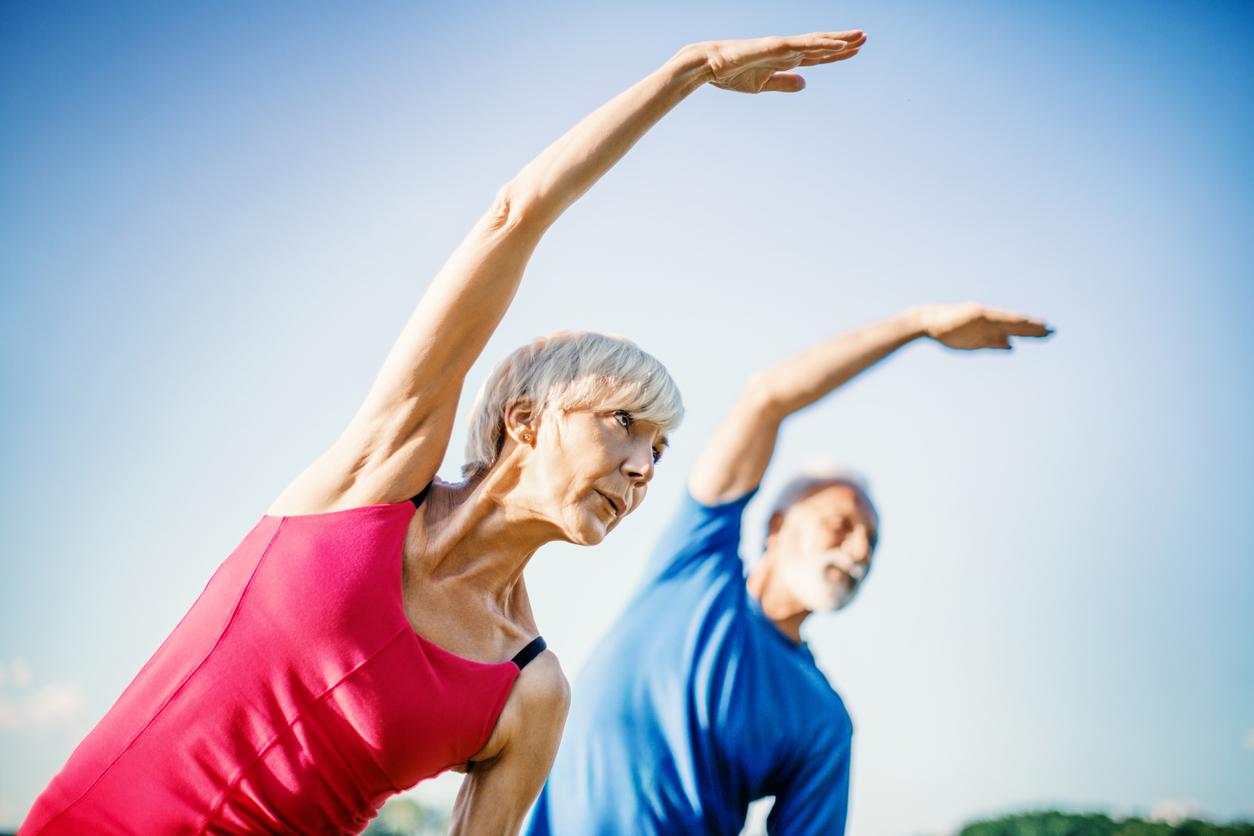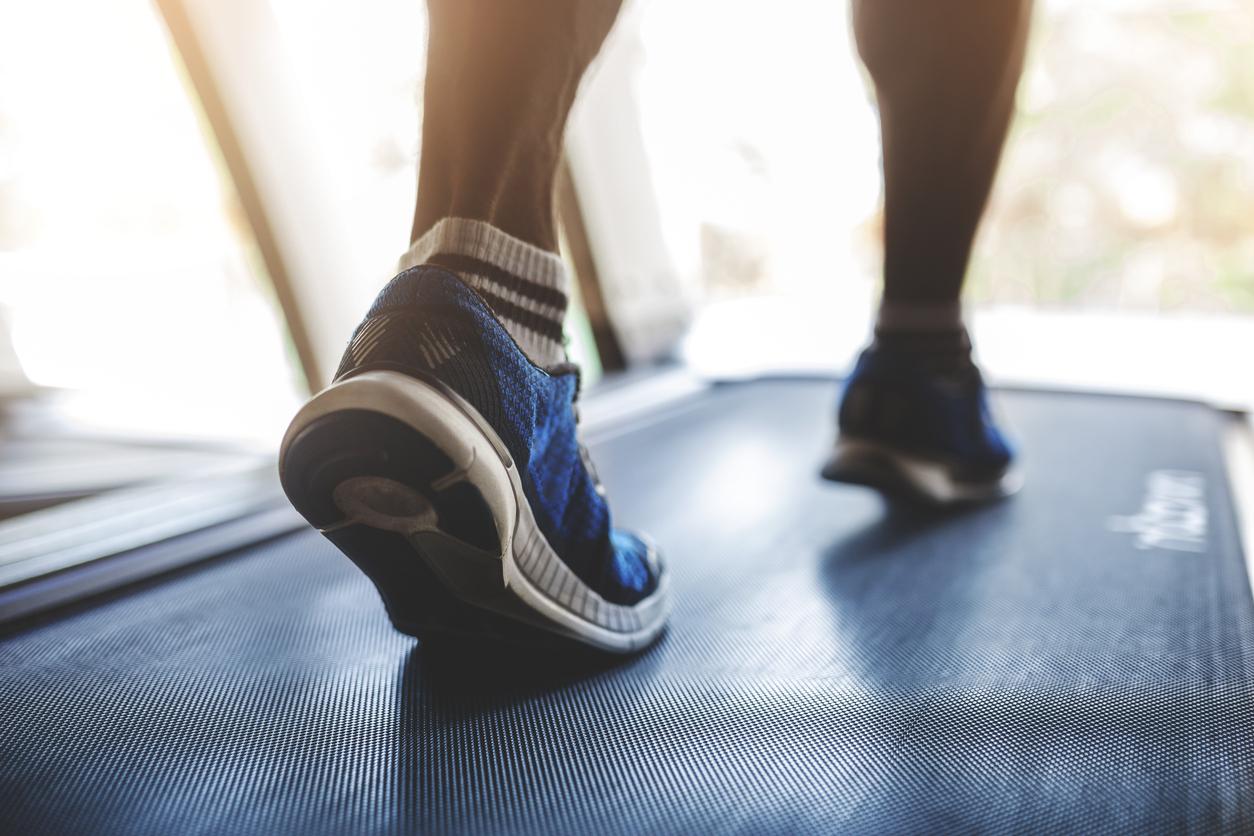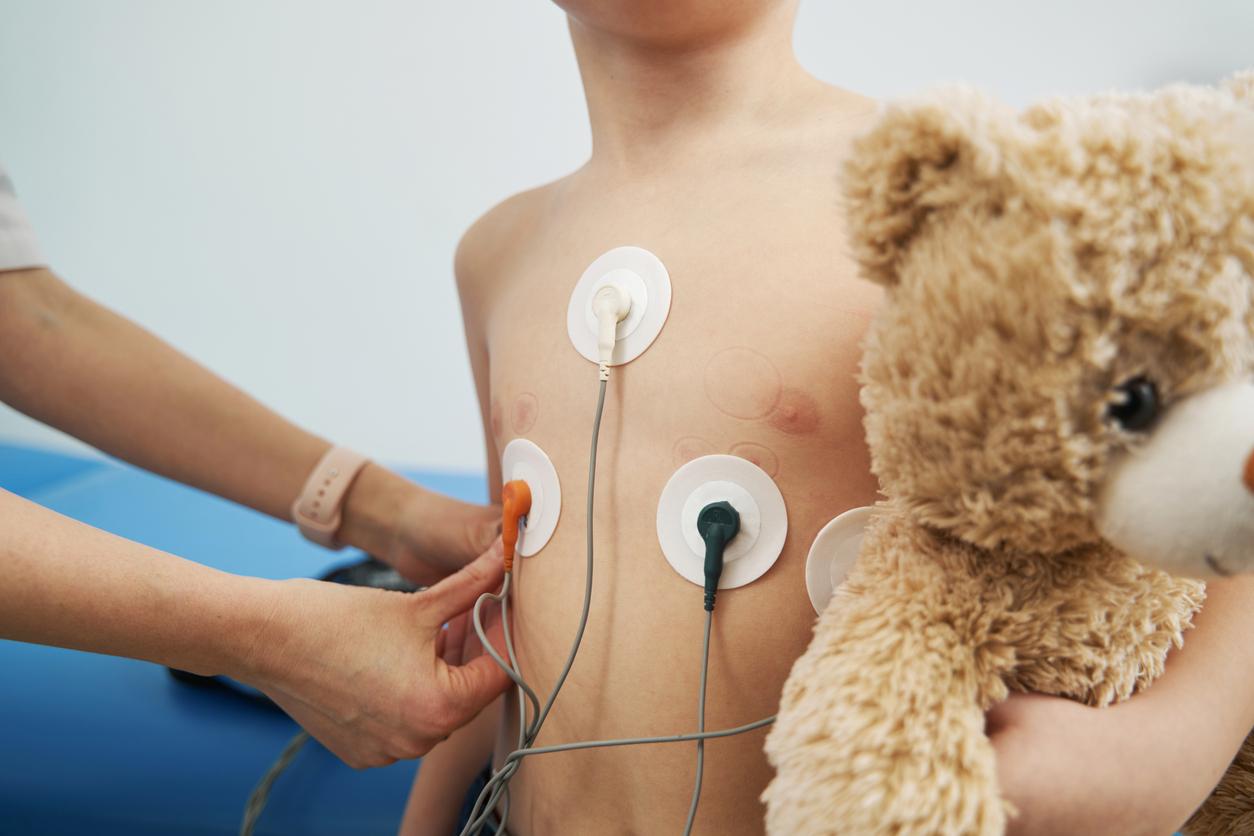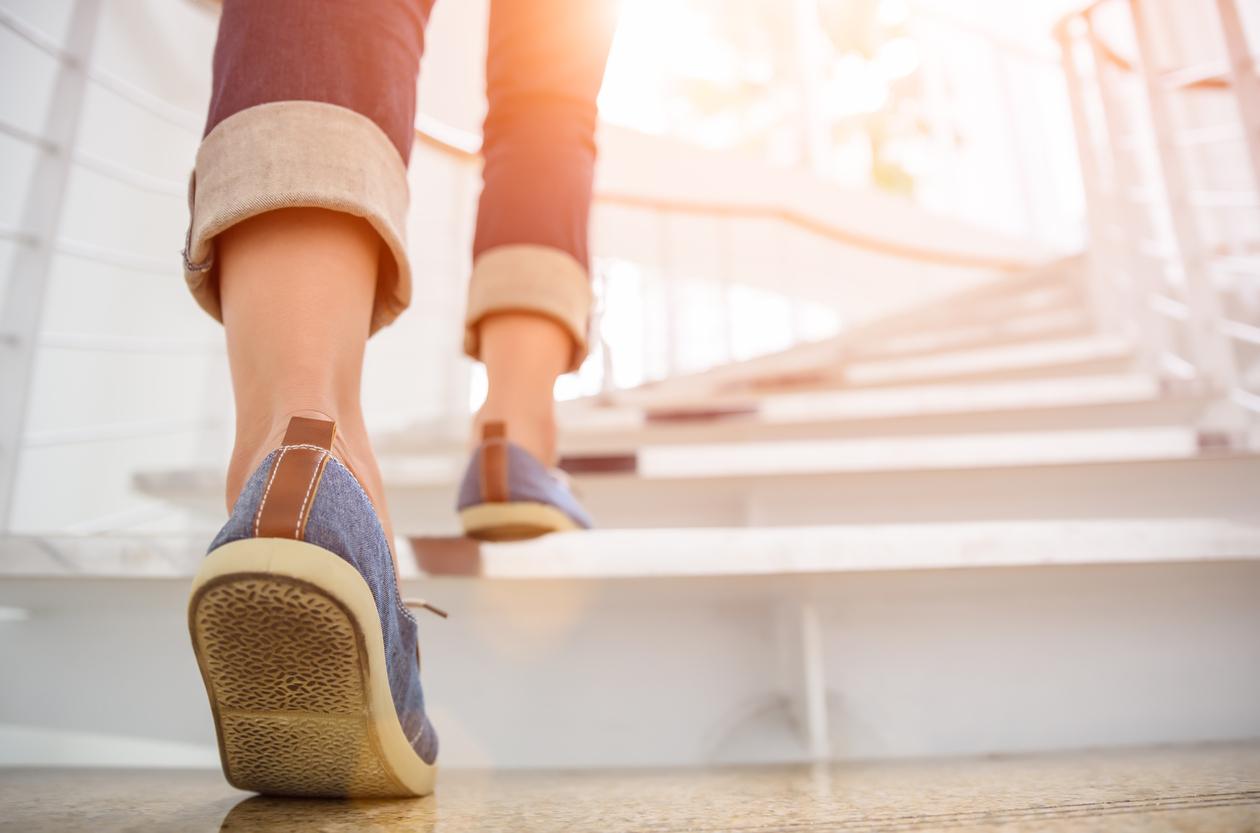In a few weeks, France will host the 2024 Olympic Games. These games will be marked by France’s desire to make them a symbol by giving physical activity the status of a major national cause for the year 2024. An objective that particularly targets children, while their deficit in this area risks becoming a public health issue. What legacy will the 2024 Olympic Games leave on the practice of sport by young French people? The point in the program “La Santé en Questions” with Professor François Carré and Marie Barsacq, director of the COJO.
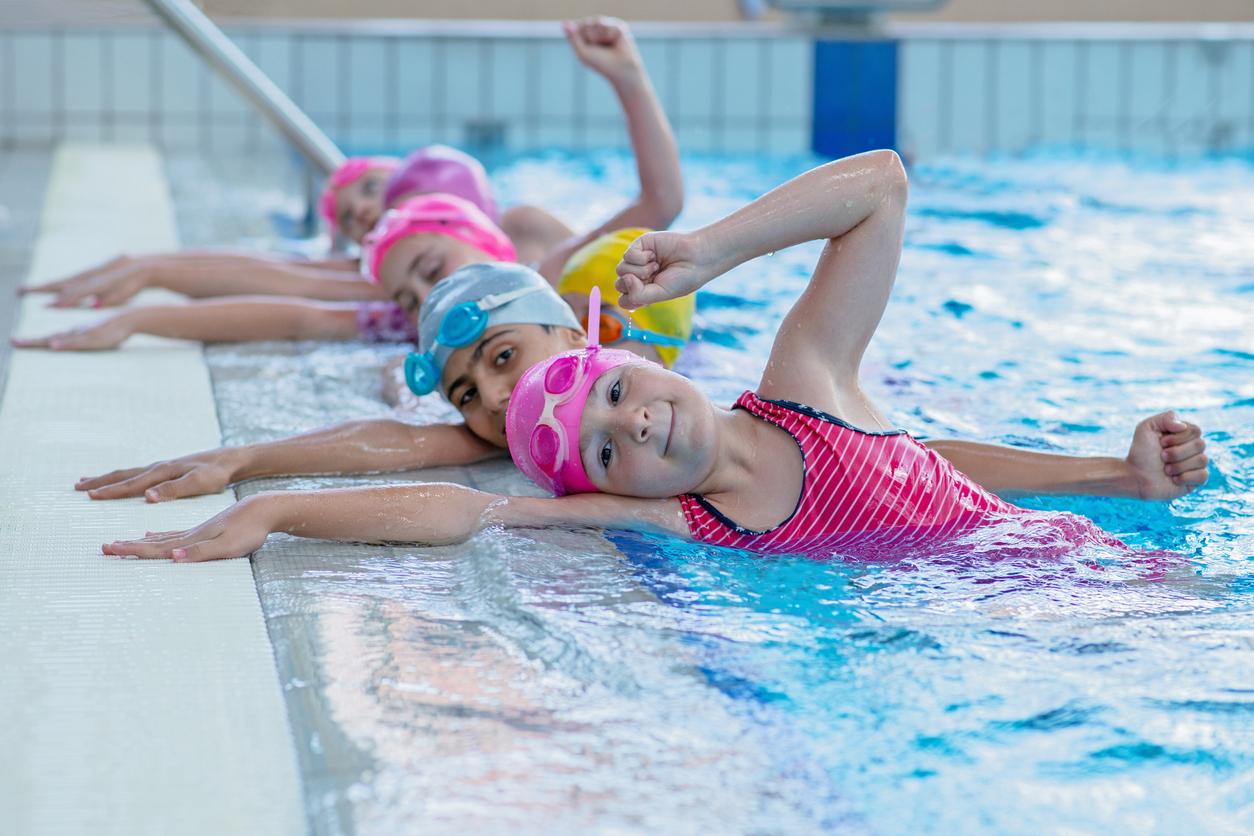
- Physical activity deficit has increased among children over the past 30 years.
- The preparation for the Olympic Games was an opportunity to promote the practice of sport, particularly at school.
- An experiment conducted with the Créteil Academy has already produced encouraging results.
“15-year-olds are preparing for their heart attacks at 30!”. By dramatizing the situation of the youngest, Professor François Carré, sports doctor at the Rennes University Hospital and member of the collective “For a France in Shape” wants to warn about the serious deficit in physical activity affecting young French people. And he puts forward some worrying figures: “Today, an 11-year-old child runs less quickly over a kilometer than a 60-year-old adult, which represents a 25% decline in the physical capacities of the youngest age groups in 30 years.”
A terrible observation which supports the importance of the efforts undertaken on the occasion of the 2024 Olympic Games so that this event leaves this generation with a taste for sport as a legacy. “A sedentary child is, tomorrow, a sedentary adult, we must be able to break this sedentary curve”underlines Marie Barsacq, director of the 2024 Games Organizing Committeeguest with Professor Carré on the show “Health in Questions” hosted by Dr. Jean-François Lemoine.
“Working so that children enjoy playing sports”
“All sporting events make you want to practice more, the challenge is to ensure that this desire is preserved in the long term”announces Marie Barsacq. The expected solution: “Working to make children enjoy playing sports so that they don’t give up when they reach adolescence”.
Are young French people lazy when it comes to physical exercise? Rather, neither helped nor even encouraged! And Professor Carré and Marie Barsacq denounce the culprits. First and foremost, National Education. “EPS (physical education and sports, Editor’s note) is in the school curriculum, at a rate of three hours per week in primary school; but in reality, we are far from that, the average is rather an hour and a half, with strong territorial disparities”underlines the director of the COJO.
Poorly trained teachers in Physical Education and Sports
The reasons for this deficit: teachers who are not or are poorly trained to supervise PE and also the fact that many teachers think that the time devoted to physical activity would be to the detriment of other school subjects. “If children were more physically active, they would be better at reading and counting!” replies Professor Carré. “The example of Finland is very interesting, sport is systematically organized in schools and the country is at the top of the PISA ranking which evaluates the academic level of children”confirms Marie Barsacq.
Other players in education singled out: families. “One day, when they are not at school, during the weekends, the holidays, children must be able to say to their parents ‘why don’t we go and move?'”believes François Carré.
Investing in the development of children’s physical activity
Beyond the temporary exemplarity that they will represent, what could the 2024 Olympic Games practically change in this area of children’s physical activity? “The work we are doing on the legacy that this event should leave, in addition to what will remain in terms of sports equipment, must help to trigger a strong political will” to invest in the development of children’s physical activity.
Already, as part of the preparation for the 2024 Games, initiatives have been taken which are producing encouraging results. “With an experiment conducted in the Créteil academy on the practice of sport at school and by providing new resources, particularly sports equipment, we have made things happen. Today, a study shows that 91% of the children involved in this experiment say they are in better health and that in 89% of cases there is a climate in these schools that is more conducive to other types of learning.”announces Marie Barsacq.
“There will be a craze, more registrations in sports clubs”
But these initiatives to get children involved in sports must also include the action of doctors. Firstly, to prevent this practice from turning into a tragedy. With, and this is a priority for Professor François Carré, a more serious examination of the health of the youngest: “Currently, only federations require certificates of fitness for the practice of a sport. We need to do more to detect high-risk illnesses, and especially heart problems, and fight so that every child has an electrocardiogram; a child with a heart defect can die running in the schoolyard!”Another expectation from doctors is their involvement in the prescription of physical activity. “More and more people are prescribing, but still only 30% on average do so”deplores François Carré.
Faced with this situation, will the 2024 Olympic Games be the event that will turn the tables and end the lack of physical activity among young people? “We know that there will be enthusiasm, that there will be more requests to register in sports clubs at the start of the school year,” hopes Marie Barsacq. But will this legacy survive long enough to change the situation? “After us,” explains the director of the COJO optimistically, “it is the National Sports Agency that will take over the ‘impact of the Olympic Games? 2024’ label, the dynamic continues!”.









